EID AL-FITR

Eid in Arabic means “feast, festival, holiday.” Eid is a worldwide festival and celebration for Muslims. During the calendar year there are two Eid’s that are celebrated by Muslims. Today we are going to discuss Eid al Fitr, which means “festival to break the fast.” It is at the end of the holy month of Ramadan in which Muslims fast for the entire month. The name of this special holiday is a literal translation of the event that is being celebrated. Festival of breaking the fast or the feast of fast breaking.
1. IT’S HELD TO CELEBRATE THE END OF FASTING.
During the month of Ramadan, Muslims fast from sunup to sundown to honor the month that the Quran was revealed to the Prophet Mohammed (SAW). Eid al-Fitr celebrates the end of the month and the end of the fasting. The prolonged fasting isn’t just about food. It also includes abstaining from taking medications, drinking any liquids (including water), smoking, and having sex.
2. EID AL- FITR BEGINS WHEN THE NEW MOON IS FIRST SIGHTED

Eid al- fitr doesn’t begin until the new moon appears in the sky ( although traditionally, and still today for many Muslims, it doesn’t begin until the barest sliver of a crescent moon is seen). Technically, that means that across the world, Eid al-Fitr starts at different times and even different days, depending on location. To make it more uniform, some Muslims celebrate Eid when the new moon appears over Mecca instead of their own locations.
3. EID AL-FITR TYPICALLY LASTS FOR THREE DAYS
The festival traditionally lasts for three days, but depending on how it falls on the calendar, the parties and festivities could last much longer. For example, if the three days fall mid-week, Muslims will likely still be celebrating over the weekend.
4. ON EID MORNING, MUSLIMS CLEANSE THEIR BODIES AND WEAR NEW CLOTHES

Before leaving to perform morning prayers, Muslims wake up to cleanse their bodies in a ritual called “ghusl.” Then, similar to getting new clothes for Easter Sunday, Muslims often wear something new or grab their finest threads and decorate their hands with elaborate henna patterns. Some people wear traditional dress, while others choose contemporary clothing.
5. HAPPY EID!

During Eid, one of the most common things you’ll hear people say to one another is “Eid Mubarak!” This literally means “blessed Eid” and is a way of expressing celebration. You might also hear “Eid sa’id” which means “happy Eid”.
6. PRAYERS

After getting dressed and ready for the day, Muslims gather inside mosques or outdoor locations. The Eid prayer is a collective duty, which means that when some Muslims offer it, the rest are not accountable for their omission. If no one offers it, then all share in the sin. This is because it is one of the clearest manifestations of the community. Also, the Prophet (peace be upon him) always did it, as did his Companions after he had passed away. The Prophet (peace be upon him) even ordered that women who were in their periods, and were as a result exempt from prayer, attend it, but were not to take part in the prayer itself. They share in its blessings and in the joy of the community, which clearly indicates its importance. If the Prophet (peace be upon him) ordered women who were exempt from prayer to attend, then its attendance is a must for men. In fact some scholars consider it a mandatory duty on all men. It is a Sunnah, recommended, that the Eid prayer is organized at an open, well known space, preferably outside the village or town, so that the community can gather and perform this distinctive act of worship. However, if it is offered in mosques for one reason or another, the prayer is still valid.
The Eid prayer becomes due at the time when the Sunnah prayer known as Duha is due, which means it starts when the sun has risen in the sky about one spear’s length. This is when the Prophet (peace be upon him) and his successors used to offer it, and prior to the sun being at that height, prayer is discouraged.Ibn Qudamah, Al-Mughni, vol. 2, pp. 232–3.
It is recommended to start the Eid al-Adha prayer at the beginning of its time range and to delay the Eid al-Fitr prayer because the Prophet (peace be upon him) did that. People need to attend to their sacrifice after the prayer at Eid al-Adha, while the delay in Eid al-Fitr prayer helps a person who has not yet paid Zakat al-Fitr to pay it, as it must be paid up to immediately before the prayer.Al-Zuhaili, al-Fiqh al-Islami, vol. 2, p. 1,391.
‘It is also a Sunnah to eat a few dates before going out to offer the Eid al-Fitr prayer, and not to eat anything on Eid al-Adha until the Eid prayer has finished and one eats from his sacrifice, as the Prophet (peace be upon him) did that on these occasions.’ Related by al-Tirmidhi, hadith No. 542; Ibn Majah, hadith No. 1,756
It is not recommended for anyone who misses out on the Eid prayer to offer it after it has finished, because this was not reported as suggested by the Prophet (peace be upon him). Moreover, it is a prayer for which a certain congregation gathers. It must, therefore, be offered in this fashion.
‘The Prophet (peace be upon him) used to go out to pray the Eid prayer of al-Fitr and al-Adha in the open space.’ Related by al-Bukhari, hadith No. 956; Muslim, hadith No. 889
7. GIFTS

After a month of sacrifice, Eid Al- Fitr is a time of abundance, and not just with food. Gifts are often given, especially to children. Here at home we try to get our children gifts that pertain to or remind them of their growing faith. There are many websites that offer ideas for gifts for children. Islamic coloring books, reading books, games, etc.
8. SWEETS!!

Eid al-Fitr is sometimes referred to as the Sugar Feast, due to the fact that a large part of the meal one eats at the festival is desserts. Different countries offer different types of sweets. Please follow our blog and check out Sister Marisa’s recipes. She has posted several recipes for this special occasion.
9. SPIRITUAL MEANING

Eid al-Fitr, as it follows the fasting of Ramadan, is also seen as a spiritual celebration of Allah’s provision of strength and endurance.Amid the reflection and rejoicing, Eid al-Fitr is a time for charity, known as Zakat al-Fitr. Eid is meant to be a time of joy and blessing for the entire Muslim community and a time for distributing one’s wealth. Charity to the poor is a highly emphasized value in Islam.
The Quran says, “Believe in Allah and his messenger, and give charity out of the (substance) that Allah has made you heirs of. For those of you who believe and give charity – for them is a great reward.”( 57:7)
InshaAllah this Ramadan has been a joyous time for us all. May Allah accept all of our fasts, answer our duas, and forgive us all. InshaAllah. Ameen
Sister Rebecca is a SAHM living in Houston Texas. Married for 13 years with two children, and a revert since 2014, her hobbies include cooking, reading, and spending time with family.
Recent Posts:
- Navigating Financial Independence: Essential Tips for Young Adults
- The Importance of Mental Health in Marriage: An Islamic Perspective
- Eco-Elegant Nuptials: How to Plan a Stylish and Sustainable Wedding
- Modern Matrimony: Tech Tools to Perfect Your Wedding Planning Process
- 5 Budget-Friendly Ways to Prep Your Home for Your Wedding Day
If some one desires to be updated with hottest technologies then he must be pay a visit this web site…
SALT TRICK
SALT TRICK
Prodentim review








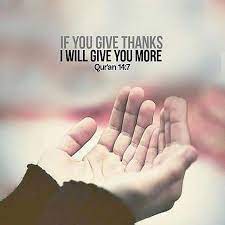











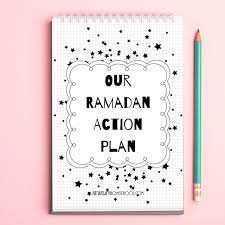

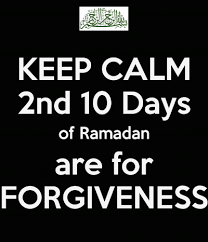
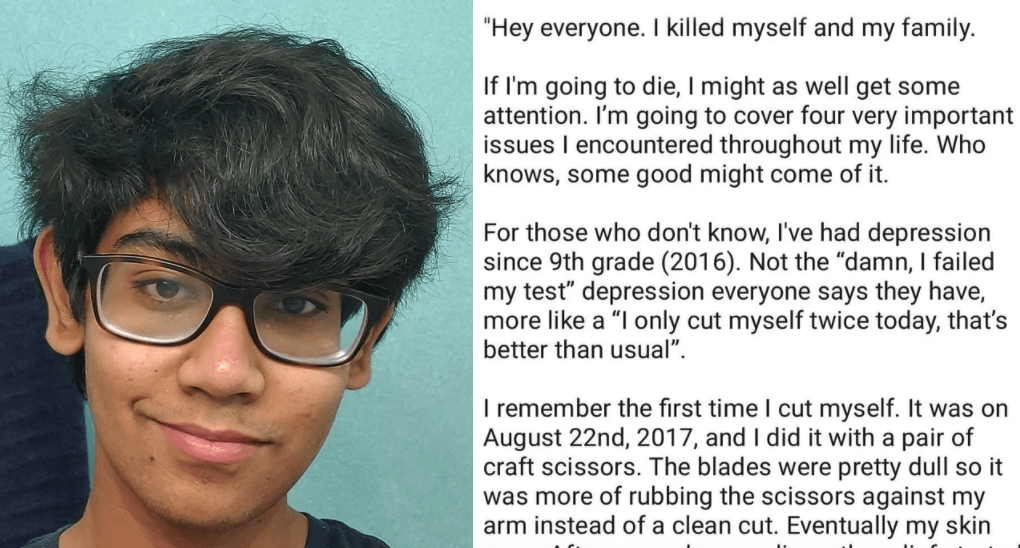
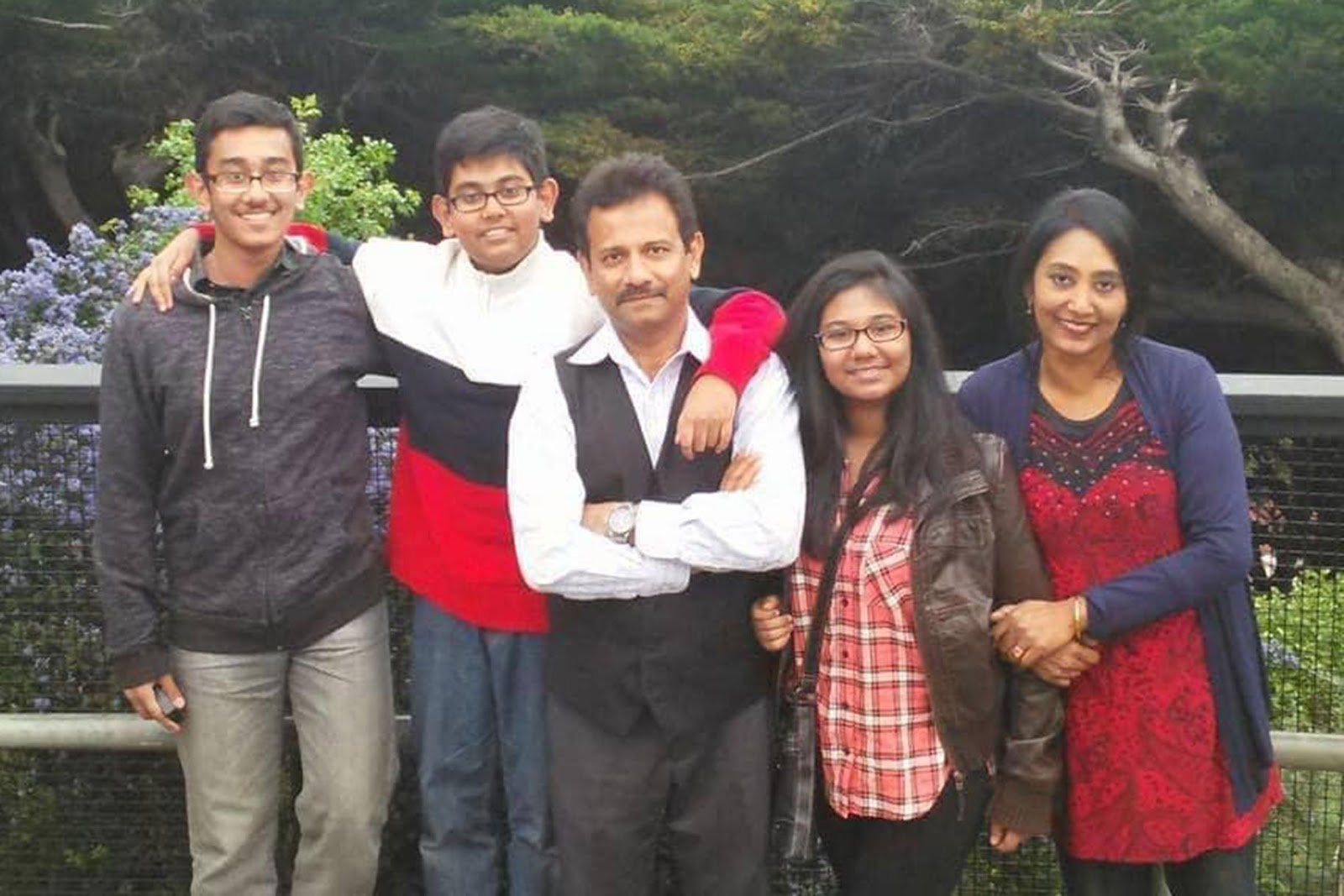
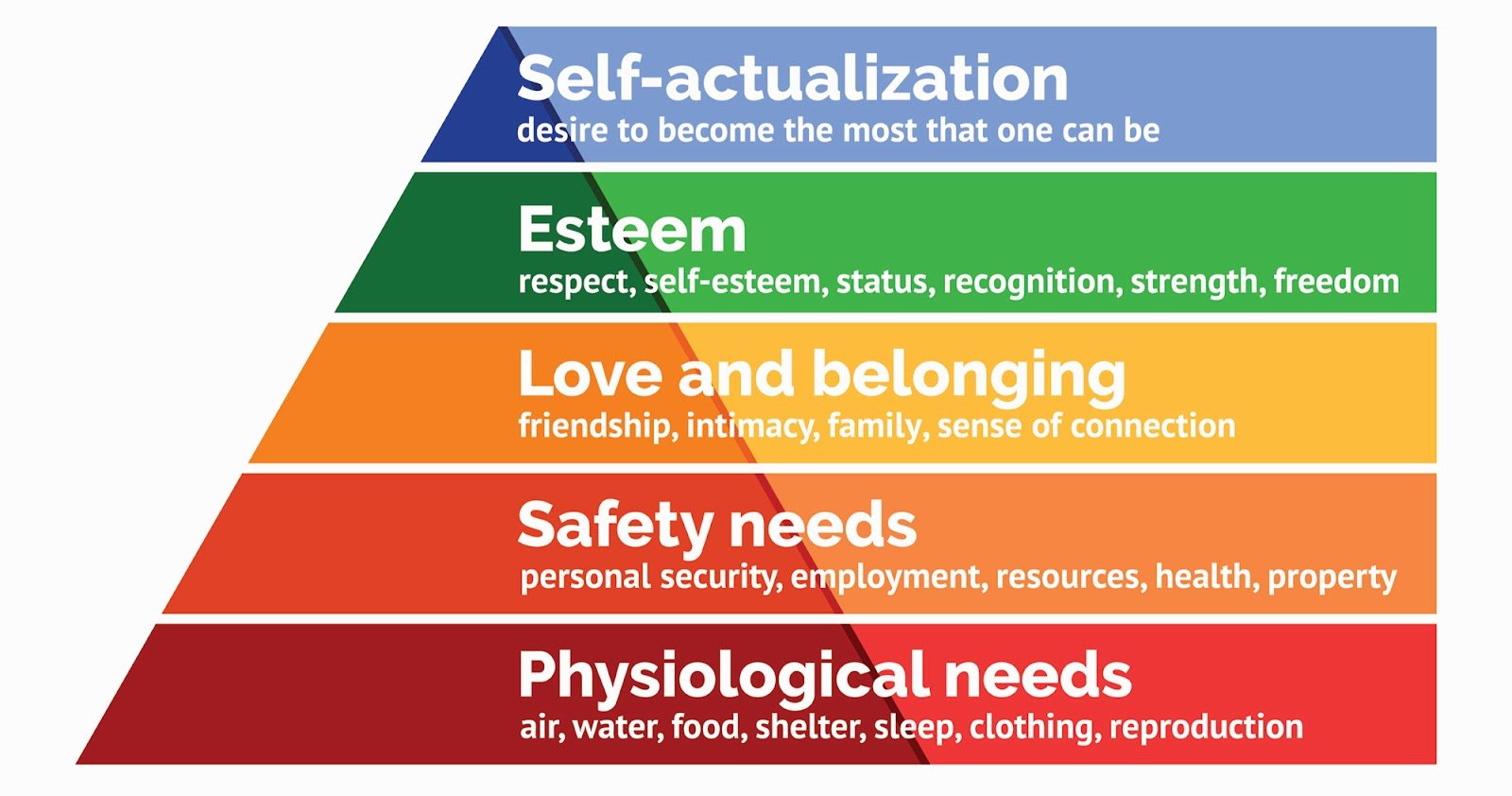





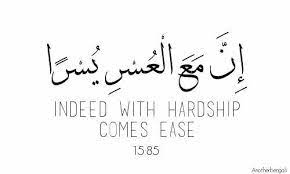

Undeniably believe that which you said. Your favorite justification appeared to be on the net the easiest thing to be…